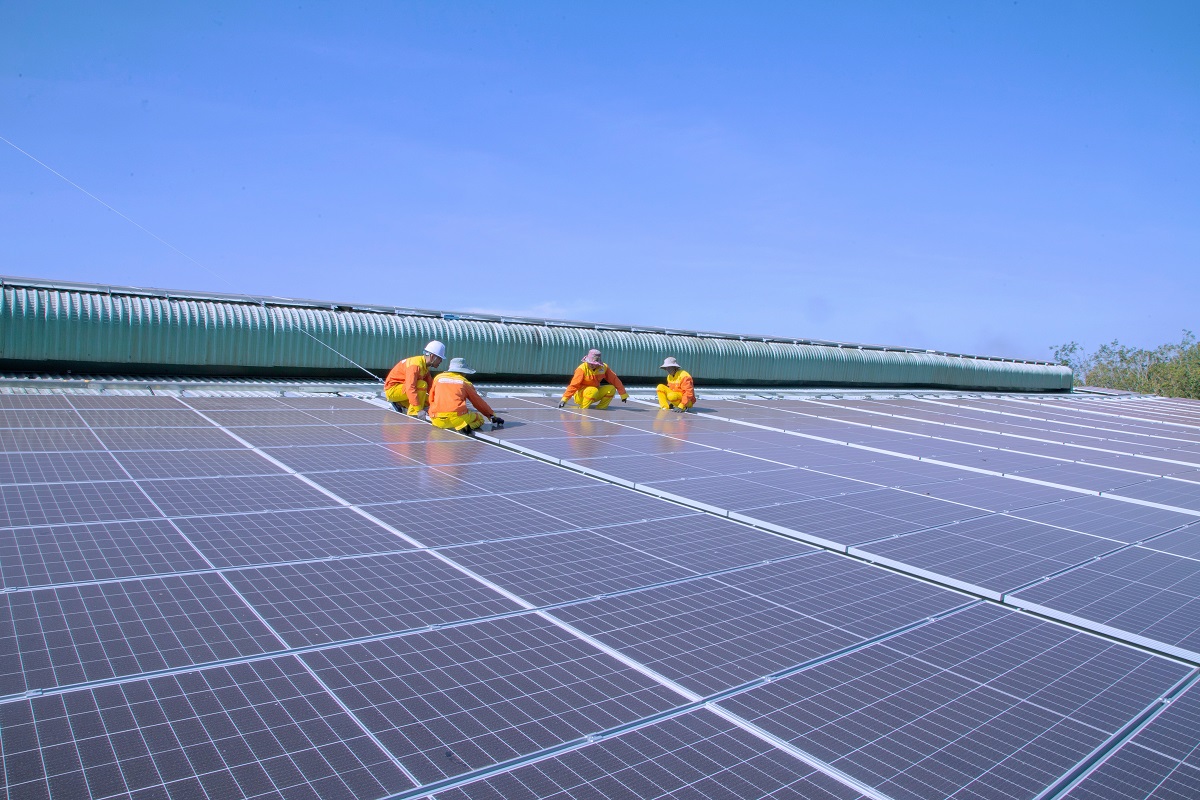A spike in sustainable energy projects in the United States is on the verge of halting, just when the government needs them to accomplish its objectives of removing carbon from the electrical supply, Financial Times reports. Growing market demand from utilities, corporate purchasers, and certain states is clashing with cost inflation and supply constraints, putting a damper on the US solar energy sector that was expected to rise at a record pace in 2022.
The government’s independent energy forecaster released an optimistic forecast for the industry this month, predicting that the United States will add 21.5 gigawatts of sizable, “utility-scale” solar energy production this year, roughly half of the country’s total and more than the previous year’s record 15.5 gigawatts.
However, other forecasts have lowered their expectations, predicting project delays and cancellations.
Wood Mackenzie, a consulting firm, has slashed its 2022 utility-scale project growth prediction by a third. Total installations, including rooftop and smaller-scale projects, are now expected to be fewer than last year.
When NextEra Energy, which operates as a leading US renewable energy provider, releases financial results on Tuesday, investors will gain new information about US solar energy development. The company said in November that it has negotiated contracts for 4.3 GW of additional solar in 2021 and 2022 through its wholesale electricity division.
The looming solar delay comes as the Biden administration works to massively expand the technology in order to accomplish the government’s lofty goal of having the electricity system carbon-free by 2035. The US solar energy may account for 40% of the nation’s electrical supply by then, according to a Department of Energy assessment released last year, up from roughly 3% presently.
Last June, the US government imposed a halt to shipments of polysilicon, a basic element for photovoltaic panels, from China-based Hoshine Silicon Industry in an attempt to put pressure on Beijing over the supposed detention of over one million Uyghurs and Muslim minorities in the province of Xinjiang.
The order has resulted in significantly more shipments than anticipated. Some overseas suppliers outside of China have failed to understand the complex new standards for demonstrating that their product is free of Xinjiang-linked polysilicon.
According to Tom Buttgenbach, CEO of 8minute Solar Energy, a company based in LA, which creates major projects in California as well as other states, supplies from Malaysia and Vietnam were stopped at the border.

